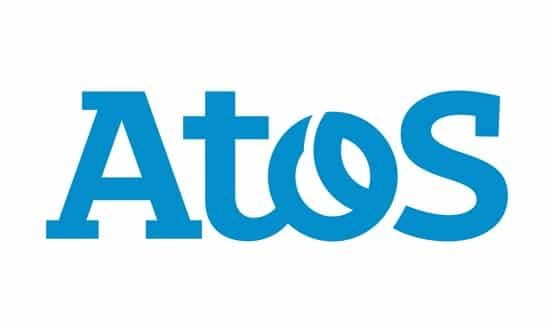One in ten child prescriptions wrong
- 20 January 2010
More than one in ten prescriptions given to children in hospitals contain errors and almost a fifth of drugs are incorrectly administered, according to a newly published study by the University of London.
The study is believed to be the largest of its kind in the UK and reports far higher error rates than previous studies, which showed that 5% of drugs were wrongly prescribed. It also reiterates calls for e-prescribing to be introduced to reduce errors.
The study of five London hospitals over a two week period showed that when pharmacists reviewed the drugs charts of 444 children they found and corrected errors in more than 13% of almost 3,000 prescriptions. In one hospital ward the rate of error was 32%.
The study also showed there were 429 administration errors among the 1,554 doses of medicine given to children; an error rate of 19%.
Dr Maisoon Ghaleb, lead researcher at the School of Pharmacy, University of London, told E-Health Insider: “The most common prescription errors include incomplete prescriptions, missing essential information, illegible handwriting and the use of abbreviations.”
In one instance the researchers found that a six month old had been prescribed 5mg of the painkiller morphine, more than 50 times the 96mcg does that should have been prescribed.
A nurse noticed the error before the drug was administered. However, on five occasions a researcher intervened to prevent the error reaching the patient.
The study was carried out in 2005 but the researchers believe that it still applies today and that the findings are relevant to trusts across the country.
The authors have said that it is “essential” for e-prescribing to be used in hospitals order to reduce errors.
Ghaleb added: “Such errors could be eliminated by using e-prescribing. Inputting this information into a computer would be much safer as it has to be correct before you can move onto the next stage.
“Great Ormond Street [Hospital for Children NHS Trust] has carried out a before and after study of using e-prescribing in inpatients and outpatients and found that there has been a dramatic reduction.”
In October 2009, Great Ormond Street became the first paediatric hospital in the UK to complete a roll-out of an Electronic Prescribing and Medicines Administration system, almost five years after signing the contract.
“The uptake needs to progress a lot quicker, but there are a lot of challenges with implementation, especially if the correct infrastructure is not in place," Ghaleb acknowledged.
"It is much more difficult to implement e-prescribing in paediatrics because most drugs that are prescribed for children are based on age, weight and clinical condition.”
The study acknowledged that the UK government has committed to developing the electronic patient record and electronic prescribing systems.
However, it says that “due to technical challenges, it is still ongoing, and paediatric electronic prescribing systems are unlikely to be available in the near future.”
It also acknowledged that “electronic systems can also introduce new errors.”
Link: Report in the British Medical Journal: The incidence and nature of prescribing and medication administration errors in paediatric inpatients (pay to access full article).




